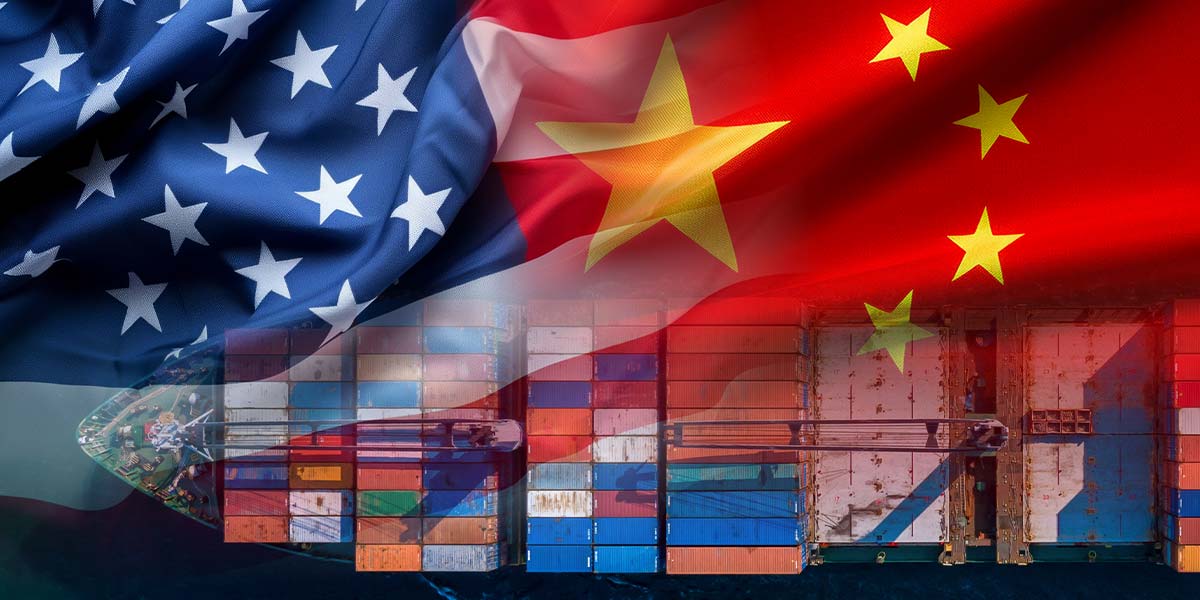China’s Ministry of Transport announced it will levy new port fees on vessels owned, operated, or built by United States firms, or those flying the U.S. flag, beginning October 14. The move counters upcoming U.S. port charges on Chinese ships and marks a new escalation in maritime trade tensions between the world’s two largest economies.
According to the ministry, the new measures directly respond to anticipated U.S. fees targeting China-linked vessels—measures recently introduced following a U.S. Trade Representative investigation aimed at boosting American shipbuilding and limiting China’s growing maritime presence.
Under China’s policy, American vessels docking at Chinese ports will initially be charged CNY 400 per net tonne per voyage, with rates set to rise to CNY 640 from April 2026, CNY 880 from April 2027, and CNY 1,120 from April 2028.
Conversely, from October 14, ships built in China or operated by Chinese entities will face new entry fees at their first American port of call. Estimates suggest fees could exceed $1 million for vessels carrying more than 10,000 containers and may increase annually through 2028. Chinese-owned or -operated vessels will pay a flat $80 per net ton per U.S.-bound voyage.
Beijing condemned the U.S. actions as a clear discrimination, saying such measures harm China’s shipping sector, destabilize international supply chains, and threaten the global trade order.
China’s dominance in shipbuilding is notable, with its shipyards producing more than 1,000 commercial vessels last year compared to fewer than 10 constructed in the US, according to industry and military analysts.
While China’s new levies may not impact the U.S. as heavily as the American fees could affect Chinese shipping interests, they deepen an ongoing maritime and trade dispute. The broader relationship remains strained, as the 90-day U.S.-China trade tariff pause (initiated August 11) nears its November expiry, and retaliatory actions have significantly curbed China’s imports of American agricultural and energy products this year.
This move demonstrates China’s irritation with the U.S. and its unwillingness to resume large-scale U.S. agricultural imports anytime soon, according to an international oilseed trader. Chinese crushers may have to do without U.S. soybeans this year.
President Donald Trump and Chinese President Xi Jinping are scheduled to meet at the Asia-Pacific Economic Cooperation (APEC) summit in South Korea later this month, as both countries attempt—so far unsuccessfully—to resolve their trade disputes.


